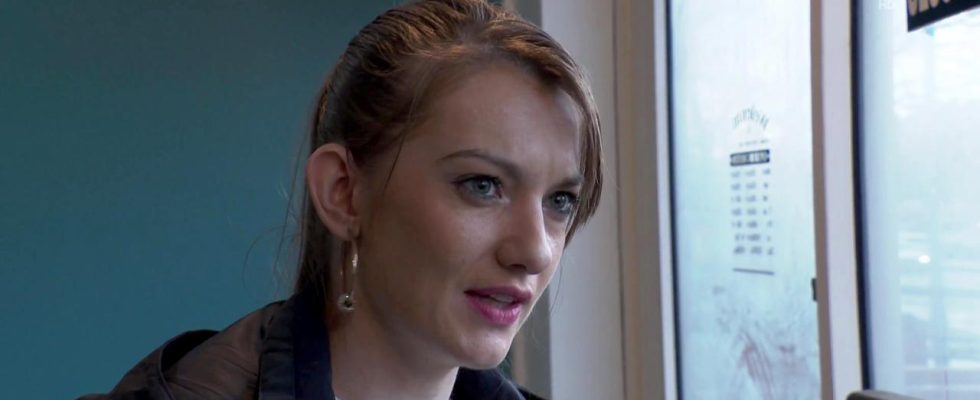world mirror
More and more Britons are living in poverty and baby food and bread are being stolen from grocery stores. Farah McNutt stole as a teenager – now she advises shop owners who want to protect themselves against theft.
The British are doing worse financially than they have in decades. The years of harsh austerity policies of the various Tory governments, combined with Brexit and high inflation, are driving more and more Britons into poverty. In its most recent study, the renowned Joseph Rowntree Foundation came to the conclusion that 3.8 million Britons live in “destitution”, i.e. permanent poverty without any prospects, one million of whom are children. Numbers that have more than doubled since 2017.
But it also affects the middle class. The real household income of Britons on average has fallen by 3.5 percent since 2019 – the most dramatic fall in overall national living standards since calculations began in the 1950s.
A symptom of Britain’s current polycrisis: the frightening increase in shoplifting, which has reached record levels since last year. This emerges from the recently published crime statistics for the United Kingdom. Accordingly, more than 400,000 cases of shoplifting were recorded in England and Wales in the twelve months to September 2023. The highest level since counting began.
And the reported cases are probably only a small fraction of the actual thefts, since shop owners rarely even bother to call the police. Because they are also affected by the crisis in public services, are chronically underfunded and are therefore often unable to be on site in time.
Formerly a shoplifter, now a startup founder
That’s why more and more Brits are now helping themselves. Farah McNutt is one of them. She founded a startup to help increasingly desperate shop owners. “Catch a thief” is the name of her company. For a monthly fee, she advises primarily smaller shops on how they can better protect their employees, which video surveillance methods work and, in case of doubt, which ones will be recognized in court.
McNutt knows all the tricks because she stole herself as a teenager. On behalf of the older people in their clique. She only came up with the idea of switching sides and turning it into a business later, when she saw how many shops had to close as a result: “Older people still need these small shops, they can’t drive somewhere to get theirs Buying milk. And I never thought about it back then. You just think: They can just report it to their insurance company. But that’s not true at all.”
Because what is mainly stolen now is bread, milk and baby food, so it’s not worth reporting to the insurance company. McNutt understands the plight of these people, but she believes mothers who steal baby formula must also be brought to justice. “There is help for people in poverty, and only if you don’t let them get away with it can they find and take advantage of these offers of help.”
A shop owner shows the monitor on which a surveillance camera is broadcasting what is happening in the sales room.
“Soon we’ll be building almshouses again”
But it’s not quite that simple. Cities and towns all over England are currently going bankrupt as the government in London is increasingly cutting funding for local authorities and public services. This means that social networks are already becoming more and more porous. In many places, only socially committed lone fighters save people from total neglect. People like Helen. Her bright purple-painted shop in Sheffield, which at first glance looks like just a junk shop, is actually much more. Contact point for the homeless, food distribution for people in need. If you don’t have much money, you can buy a jacket here for a few pounds. Helen helps everyone, discreetly and with a lot of respect, but on some days she despairs herself.
“But I can’t really give anyone hope that things will get better at some point, that wouldn’t be honest either. Because we’ve never seen such poverty here before. When I now see series from the Victorian era and there are emaciated children with holey shoes, then I think, yes, here we are again. Soon we’ll be building almshouses again.”
Great Britain is one of the richest countries in the world. And yet: the social inequality that traditionally exists here has increased so dramatically in recent years that more and more Britons actually seem to be on the way back to the darker times of England’s past.
You can see these and other reports on Sunday at 6:30 p.m. in “Weltspiegel”.

